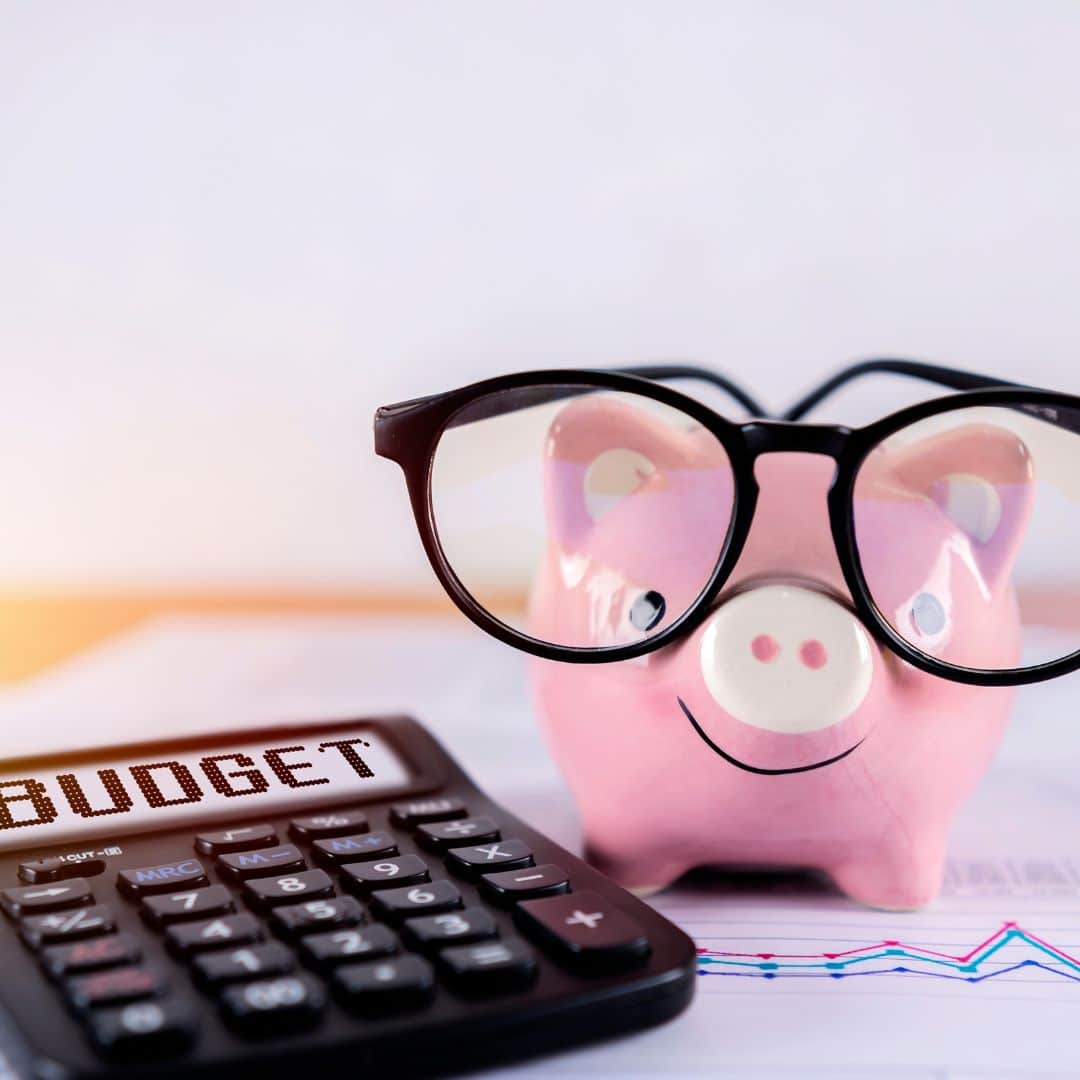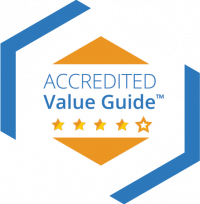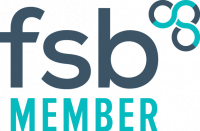How confident are you about your business financial performance? One way to measure it is with a robust financial record keeping system. It acts as an accurate documentation of all the transactions associated with your company’s finances.
Traditionally, businesses have produced annual accounts to sit in a secure vault gathering dust. In a modern business world, that is simply not good enough.
A financial record keeping system is the best way to organise and manage your business’ finances. It can offer you a clear view of where your money goes, what you spend the most on, the best way to cut costs, and much more.
It also provides you with flexibility. It can be expanded upon as your company grows so that there is no need to continue reinventing how you do things.
Ultimately, if you were planning a business exit strategy, a well implemented system will make it easier to conduct due diligence and get a higher return. You may be years from wanting to sell. But formalising your records now will help you predict the future of your business. A healthy financial performance will drive the sale of your business and a working financial system will help you prove it to potential buyers.
With over a decade of helping business owners increase the value of their companies and facilitating the business selling process, questions around finance are ones we get asked a lot (check out our FAQs). This post will help you prepare and potentially increase the value of your business.
Looking for handy guides that will walk you through all that’s needed when preparing your business for sale? Check out our free ebooks.
What are financial records?
Financial records are a way to verify transactions that you and others have made in the past. They represent your financial activity over a certain period of time. The three main types of financial records are balance sheets, income statements, and cash flow statements. Often, they also include invoices, receipts and ledgers.
When reviewing financial records, you could find out:
- what you own and what you owe,
- how much money you have left once expenses are subtracted from revenue,
- how well your company is able to pay debts, fund its operations, and make investments.
What is financial record keeping?
Financial record keeping refers to the storing of all the documents related to your finances. The system you choose is up to you. But, while you can keep a paper trail of all your invoices and receipts, computerised systems are more popular. They can make your activities more efficient and automatic.
Your system can be used for revenue projections, budget analysis, and forecasting. A financial record keeping system can have a positive impact on a company’s finances in many ways.
Historically reporting past business performance is necessary to demonstrate trends, like:
- How steadily the business is growing or shrinking.
- What profitability is being declared.
- What investment is being made in equipment or stock etc.
Using digital accounting systems like Sage also give you the opportunity to immediately update data throughout the year. As April is the financial year end for many businesses, by January, your annual accounts are reporting events that began almost 2 years prior.
Having the ability to run off Year To Date reports for numerous aspects of your financial records is invaluable during a business sale. They are also great management tools when it comes to strategic growth and direction setting.
The challenges of a lack of record keeping in business
The lack of record keeping in business can be a major problem for company owners. It can cause them to lose money because they are not aware of how much inventory they have, how much cash flow is coming in, and how much is going out. They also cannot claim expenses because they do not know what the original cost was or if they made a profit on the sale or not.
Whatever system you choose, neat and complete records will make your business more appealing to a potential buyer. Just as you would have second thoughts buying a car with a poorly kept service history, the same would be the case for someone considering purchasing your company. It’s easy to associate missing receipts and disorganised accounts with other aspects of the business.
In fact, we’ve seen many times how big of an impact financial records have on the final price a buyer is willing to pay for a business.
With new clients, we assess their companies using the Value Builder Score™. It’s part of a methodology that increases the price paid for a business by 71% on average. There is a clear correlation between someone trusting the financial numbers and an increased score – and ultimately a higher potential to make a better return on your business.
Key features of a financial record keeping system
The financial record keeping system is an important component of any company. It is the backbone of the company’s accounting and provides a complete depiction of the company’s financial data.
Some key features that every financial record keeping system should have are:
- The ability to seamlessly integrate with current accounting software. Accounting is a time-consuming process without the right tools. Thankfully, accounting software is available to make the process easier. These programs can assist in bookkeeping, invoicing, payroll, and more. They come loaded with an extensive suite of features and helping with keeping your financial records should be one of them.
- A proactive approach to identify issues in the accounting process before they become too severe. One of the most important aspects of accounting is to maintain a financial balance sheet. This balance sheet includes the income statement and the cash flow statement. These statements provide accounting professionals with an understanding of how well a company is doing financially and where trends might be going in the future. If something goes wrong, it’s important to identify these issues as early as possible before they become too severe and negatively impact your bottom line.
- The capability to generate reports, trend analyses, and dashboards on demand. Pulling reports whenever you need them will help you and other team members assess your financial performance and pinpoint areas for optimisation. One critical set of reports that buyers often request are Aged Debtors and Aged Creditors. For Aged Debtors they are looking to see the buying terms the business takes advantage of. For Aged Creditors they are looking to see not only the total value of monies owing, but how long it has been outstanding (this could indicate a bad debt in the making). Having the ability to pull these reports will be a helpful feature of the system you choose.
How do you set up a financial record keeping system?
You do not need audited accounts unless legally required to do so. But, it’s advisable to improve your record keeping system to make it fit for purpose.
The sliding scale of maturity when it comes to financial record keeping is:
- paper receipts and records,
- automated accounting system with self input (e.g. Sage, Xero, Quickbooks),
- processed/prepared by a qualified bookkeeper,
- processed/prepared by a qualified accountant,
- independently audited by a recognised accounting firm.
You should be progressing your record keeping system up this scale as your business grows.
How long to keep financial records for a business in the UK?
For the UK the typical HMRC requirement is to keep financial records for 7 years. In their own words:
“You must keep records for 6 years from the end of the last company financial year they relate to.”
There are some exceptions which mean you need to retain records even longer. Check the gov.uk website or clarify with your accountant.
If you’re looking for accounts duration for the purpose of selling your business, for a buyer to assess your business, they will look only at the last 3-4 years’ performance. In addition, it will help your sale enormously to produce 1-2 years’ cash flow forecasts looking ahead.
Conclusions
If you’re looking to grow your business or are planning to sell it in the future, a financial record keeping system can help you keep on top of things. As with any data measurement, robust financial record keeping gives you the ability to prove and optimise performance.
What’s important is to get started and build your system according to your business maturity.
We specialise in helping to sell manufacturing, engineering and B2B services business. Financial record optimisation is one of the eight steps we go through to get the best return for your business. Book a discovery call to find out more.













